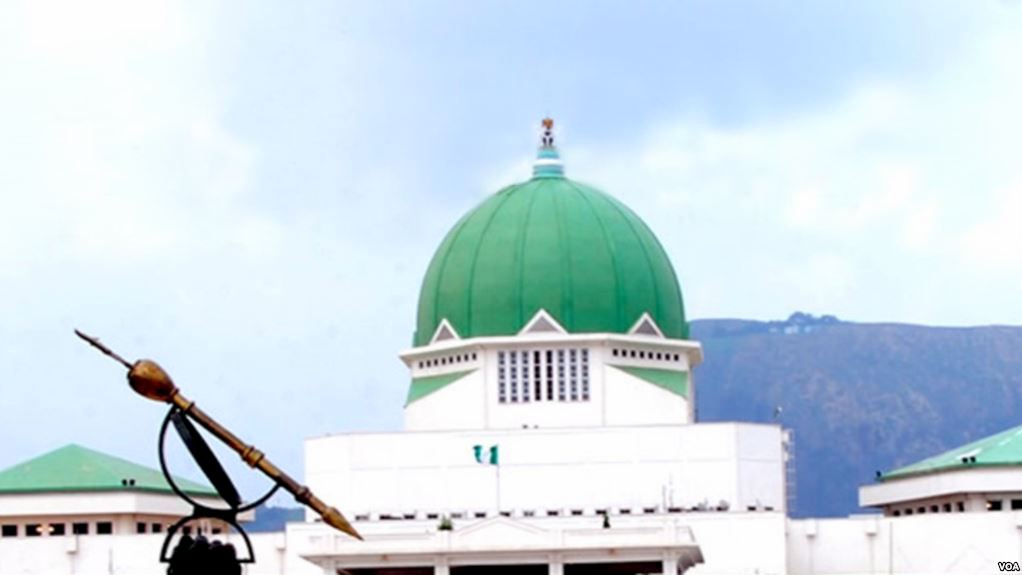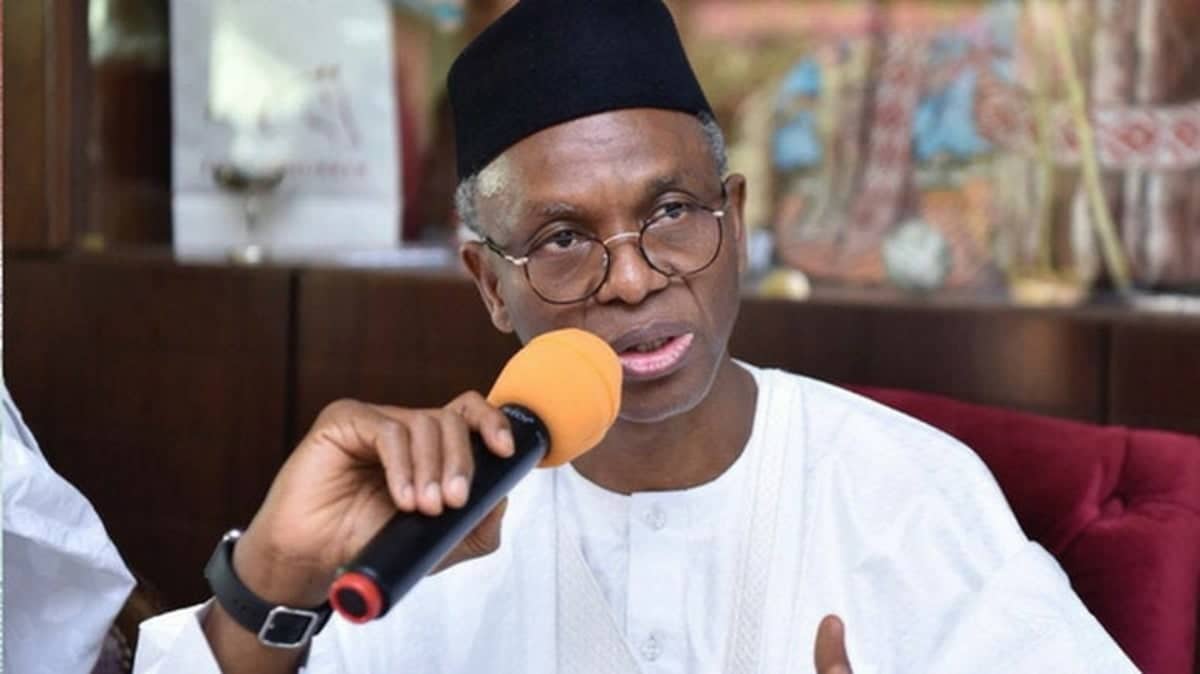Constitution review: Governors stymie NASS attempts
Given that only 11 of the 36 States of the Federation forwarded their resolutions to the National Assembly seven months after the document was transmitted in accordance with the provisions of the Federal Republic of Nigeria Constitution of 1999 as amended, it is possible that the ninth National Assembly’s review of the Constitution was hampered by the conflict of interest between the legislators and the State Houses of Assembly.
Ovie Omo-Agege, the deputy senate president and chairman of the Constitution Review Committee, lashed out at 25 state assemblies last week during a news conference because he thought they were colluded with their governors and refusing to respond favourably or negatively as is required by law.
Omo-Agege believed that the ninth parliament’s credibility was at stake since they had promised Nigerians a constitutional modification that would be acceptable to all. He also worried about the possibility of time passing since the ninth National Assembly had seven months left to exist.
He explained that the document transmitted to the various State Houses of Assembly on 26th March, 2022, for their attention constituted 44 bills that were earlier approved by the joint Committee of the upper and lower legislative Chambers out of the 66 bills recommended. Sadly, after a long wait, he said his Committee became inundated with calls over the fate of the proposed amendment.
More concerning was the history of prior failed attempts to modify the Constitution made while the now-troubled Senator Ike Ekweremadu served as the committee chairman from 2011 to 2019. At the time, he was the Deputy Senate President. Omo-Agege claimed that his Committee swiftly forwarded the measures to State Houses of Assembly in an effort to alter the tale and rewrite history.
He stated that the amendments outlined in the 44 legislation would improve Nigeria’s democratic administration, and he questioned why certain governors and state assemblies weren’t clear on how the country would gain from them. The legislator claimed that it improved the way elections were conducted in Nigeria by citing changes to the Electoral Act that were made to certain Constitutional provisions between 2003 and 2007.
He said: “Between 2003 and 2007, successive Assemblies have employed an incremental approach to altering the Constitution. Hence, the First, Second, Third and Fourth Constitution (Alteration) Acts were passed and enacted.
“These amendments undoubtedly improved our electoral management and adjudication systems, fostered political participation and addressed other fundamental good governance issues.”
Omo-Agege asserts that the movement to amend the Constitution was notoriously brought about by the citizens’ unrelenting agitation, who believed the amendment would address some current social and political issues. He emphasises that the process was open to citizen participation in order to capture their agitation.
He claimed that the engagement of the people was ultimately what gave the proposed Constitution its legitimacy “a people-oriented working document, hence, the Committee received submissions from socio-cultural, socio-political, Civil Society and interest groups from across the entire geopolitical zones of the country. Agitations, as contained in various submissions, formed the fulcrum of the 44 bills that were transmitted to the 36 State Houses of Assembly on 29th March 2022 for approval in line with Section 9(2) stipulations of the Constitution.”
As they would strengthen legislative structures at the State and Local Government Council levels, independent constitutional bodies, address issues with revenue leakages and unchecked government spending, and improve effective administration of justice in Nigeria, the draught bills interestingly succinctly captured the principle of checks and balances, which is consistent with democratic governance.
In particular, “the Constitution of the Federal Republic of Nigeria, 1999 (Fifth Alteration) Bill, No. 1, 2022 (Local Government Financial Autonomy).” was of utmost importance because it granted local governments autonomy and gave the Federal Accounts Allocation Committee (FAAC) the authority to transfer monthly accrued revenue to local government council accounts without their State governors stealing the money under the guise of State joint accounts.
The three tiers of government would be responsible for paying teachers’ wages, and local governments would have their existence recognised in the Constitution with governors prohibited by law from making structural changes without following the proper procedures.
The (Fifth Alteration) Bill, No. 2, 2022, which established LG as the third tier of government, also stated that the Executives may only be elected, doing away with caretakership appointments.
Despite the other extensive reforms included in the draught, Abuja-based attorney Barrister Enemaku Aba claimed during a press briefing on Thursday that the Constitution review was already doomed.
He reasoned that asking the State Assemblies under their control to pass resolutions in favour of the idea would be suicidal because the regions that were suggested to be altered were directly the conduit pipes of the State governors.
He claims that although he hasn’t seen the draught legislation sent to the State Houses of Assembly, he can conclude from media reports that the amendment won’t be implemented.
“I haven’t actually seen the bills you are referring to, but governors will not allow LG autonomy, State Assemblies autonomy because those are their conduit pipes.
“Afterall, there is no time for the National Assembly anymore. They have started their campaign and the only serious legislative assignment before them now is the 2023 national budget.”
In contrast, for a bill to become law in Nigeria, it must receive approval from two-thirds (24) of the country’s 36 Houses of Assembly before the president can sign it.













